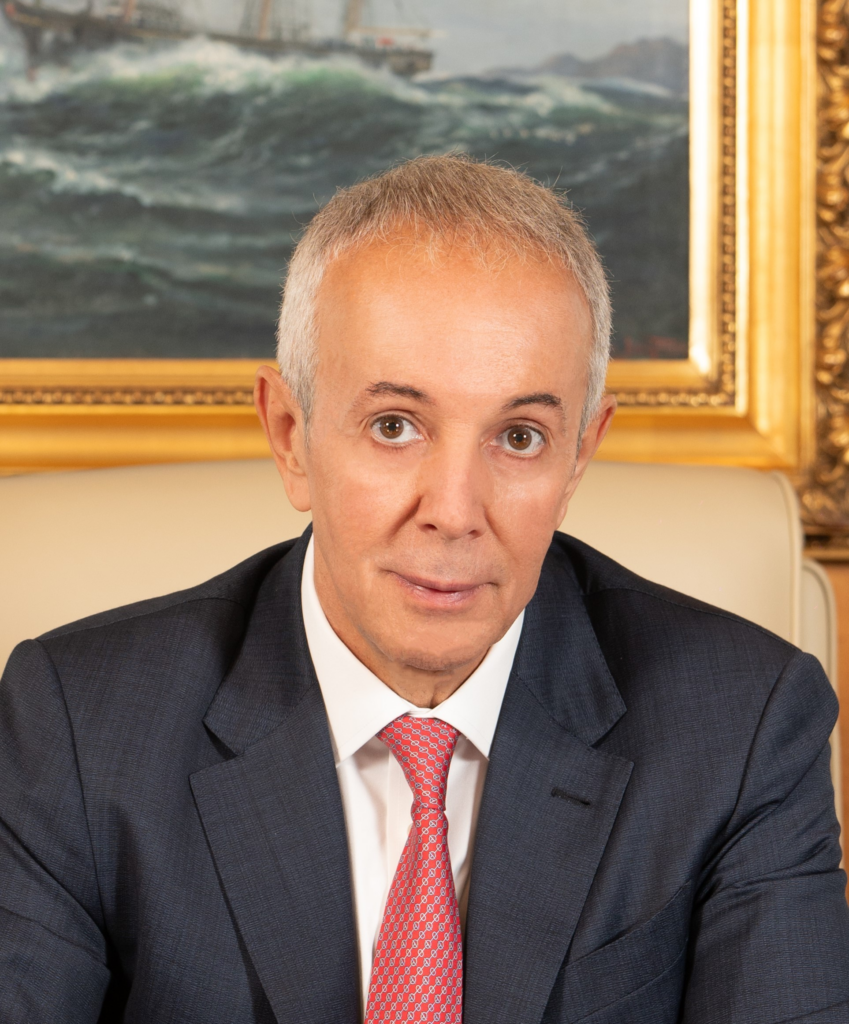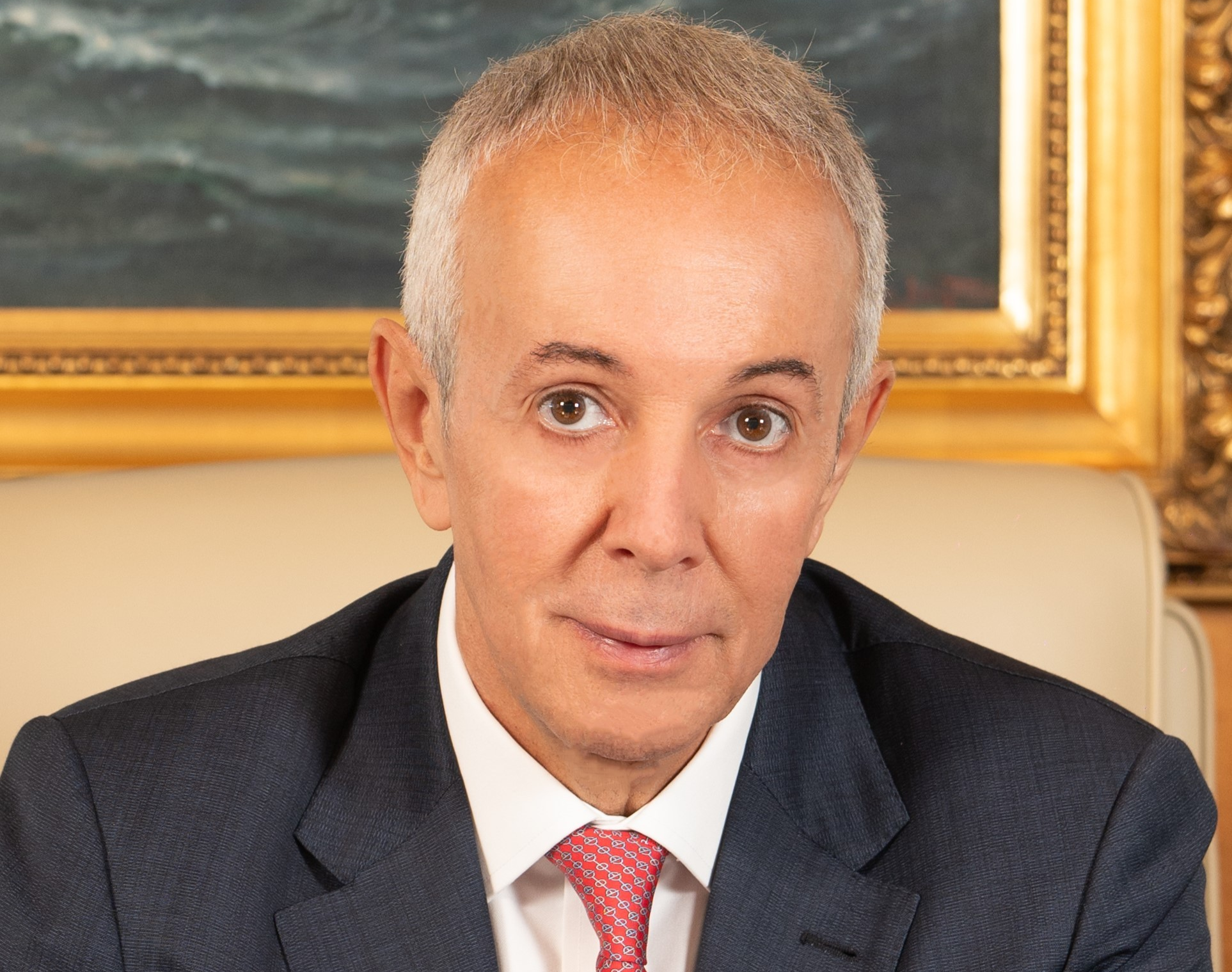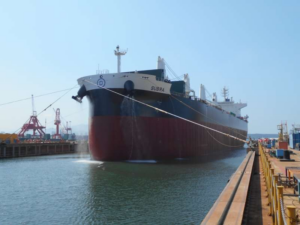
John Coustas-led Danaos Corp, a New York-listed owner, has expanded its newbuilding portfolio with an order for six 1,800 teu containerships.
The Greek shipowner said the order was placed in November with expected deliveries from 2027 through 2029.
The company has arranged 10-year charters for four out of these six vessels, adding around $236m to its contracted revenue backlog.
Dr. John Coustas, chief executive officer of Danaos, commented: “In relation to our newbuilding program, we recently added six 1,800 TEU vessels to our orderbook with scheduled deliveries between 2027 and 2029 and have secured 10 year charters for four of these vessels with a contribution to our contracted revenue backlog of approximately $236 million.”
In November, the shipowner also took delivery of one 6,014-teu containership as per schedule, that is added to prior deliveries, under the company’s newbuilding container vessels program of six newbuilding containerships in 2024 and one in January 2025.
Currently, Danaos’ orderbook consists of 23 newbuilding containership vessels with an aggregate capacity of 153,350 teu, with expected deliveries of three vessels in 2026, thirteen vessels in 2027, six vessels in 2028, and one vessel in 2029.
Beyond containers, the John Coustas-led Danaos confirmed the purchase of a capesize dry bulk vessel, due for delivery in late Q1 2026.
Meanwhile, Danaos has secured multi-year charter arrangements for 21 out of 23 vessels in the company’s newbuilding orderbook, with an average charter duration of approximately 5.8 years, weighted by aggregate contracted charter hire.
“Demand for mid-size and larger vessels continues unabated,” Coustas noted, and “we have secured new charters for vessels opening as far out as the beginning of 2028. Shipyard slots for 2028 deliveries are becoming scarce and newbuilding prices continue to rise. We have selectively extended our newbuilding program at below market prices and we have already secured multi-year employment for these new orders. Following the IMO’s one-year postponement of its Net-Zero Framework, we expect conventional fuels to remain prevalent in the medium term, even as the long-term decarbonization trajectory is unchanged.”



